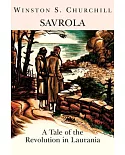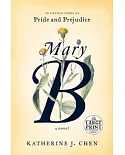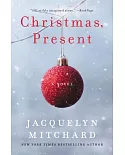A MAGIC DECADE OF Italian writing followed the fall of Benito Mussolini's Fascist government and the liberation of Rome in 1944. Ignazio Silone, author of one of the great novels of the 1930s,
Bread and Wine, returned from exile. Alberto Moravia, who helped define the modern conscience with his novel The Time of Indifference, left the mountains outside Rome, where he
had been hiding from the Germans. Rome filled with veterans of the partisan war, of the underground, of the anonymity and silence of the Italian police state. The suffering of the war, the bold
hopes which blossomed after Fascism's overthrow, were described in a torrent of films, stories and novels, bringing a kind of climax to one of the great national literatures of the twentieth
century.
William Weaver, who drove an ambulance for the British Army during the war, also arrived in Rome in the late 1940s, fell in love with the Italian language and literature, and found a career in
translating the writers he met there. Open City is an anthology of the writers Weaver admired most, described in a long introductory memoir - Silone, Moravia, Elsa Morante, Carlo Levi,
Giorgio Bassani, Natalia Ginzburg, Carlo Emilio Gadda. No other book offers such a comprehensive sampling of the political seriousness and lyrical realism which were the gift of the Italians to
modern writing.





















